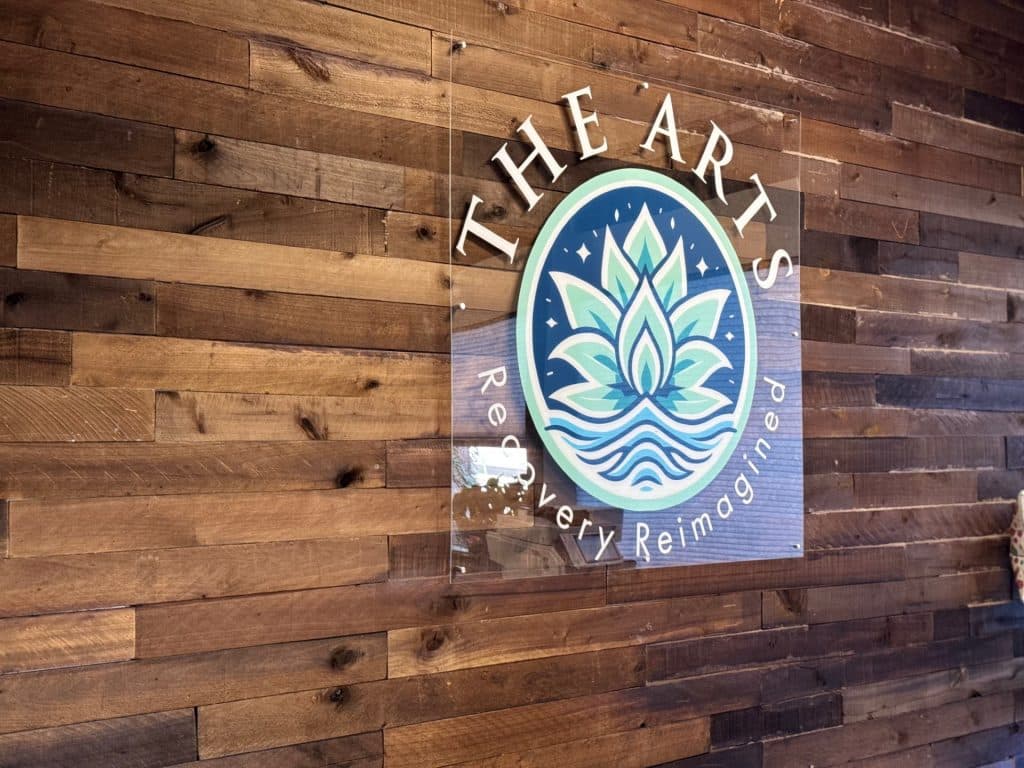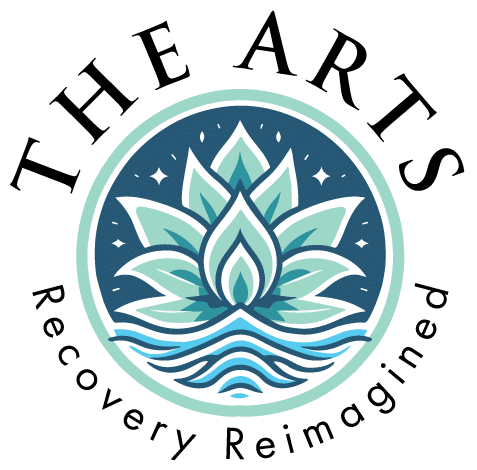Drug Rehab For First Responders
- Written By: John Sullivan
- Medically Reviewed By: Dr. Lucille Thomas
getting help
Specialized Drug Rehab for First Responders: Getting Help
First responders face unique challenges that most people never encounter. Police officers, firefighters, paramedics, and emergency medical technicians witness traumatic events, make life-or-death decisions, and work under extreme pressure daily. These experiences can take a serious toll on mental health and sometimes lead to substance abuse as a coping mechanism.
The demanding nature of first responder work creates specific risk factors that require specialized treatment approaches. Traditional addiction treatment programs may not fully address the unique stressors and cultural barriers that first responders face. Understanding these challenges and finding a drug rehab for first responders is the first step toward finding effective help.
Absolute Recovery Therapeutic Solutions (The A.R.T.S.) in Canoga Park recognizes these unique needs and offers military and first responder addiction treatment programs. With flexible options including telehealth services, even the busiest responders can access the care they need while maintaining their demanding schedules.
Learn More
Drug Rehab for First Responders Must Be Specialized
First responders operate in high-stress environments where split-second decisions can mean the difference between life and death. This constant pressure creates a perfect storm of factors that contribute to mental health struggles and substance abuse. A recent nationwide online survey from researchers at Florida Atlantic University found that around 40% of first responders use substances to relieve emotional discomfort.
The nature of first responder work involves regular exposure to human suffering, violence, and tragedy. Officers may witness fatal accidents, firefighters may be unable to save lives despite their best efforts, and paramedics may lose patients they’ve fought to revive. These experiences accumulate over time, creating a heavy emotional burden. Rates of substance abuse remain concerning, with the same FAU study finding that:
- About 22% of first responders reported using more substances than they meant to use.
- 21% of respondents said they couldn’t cut down their substance use
- Over 7% of respondents reported neglecting responsibilities because of substance use.
- 12.7% of firefighters, 11.4% of EMTs, and 8.1% of police officers report problematic substance use
It isn’t just using alcohol and drugs that’s a problem. First responder culture often emphasizes strength, resilience, and self-reliance. This can create barriers to seeking help, as many first responders worry about appearing weak or unfit for duty. The fear of career consequences or stigma from colleagues can prevent them from accessing needed treatment.
Shift work and irregular schedules further complicate matters. Many first responders work nights, weekends, and holidays, making it difficult to maintain work-life balance and access traditional treatment options during standard business hours. All in all, while an estimated 16-40% of first responders struggle with alcohol use disorder, the fear of decreased trust among peers, less confidence in decision-making, and risk of job loss is sometimes too much of a barrier for addiction treatment.
MENTAL HEALTH CARE
Common Mental Health Issues Among First Responders
Post-traumatic stress disorder (PTSD) occurs at significantly higher rates among first responders compared to the general population.3 Repeated exposure to traumatic events can lead to intrusive memories, nightmares, hypervigilance, and emotional numbing. Unlike single-incident trauma, first responders often experience cumulative trauma from multiple events over their careers.
Anxiety disorders are also common, manifesting as persistent worry about job performance, safety concerns, or fear of making critical mistakes.4 The high-stakes nature of first responder work can create chronic anxiety that extends beyond work hours.
Depression affects many first responders, often developing gradually as the emotional weight of their experiences accumulates. The demanding nature of their work can make it difficult to recognize or address these symptoms early.
Customized Care
The Importance of Tailored Addiction Treatment for First Responders
Generic addiction treatment programs may not adequately address the specific needs of first responders. Specialized treatment recognizes the unique stressors, cultural factors, and career considerations that affect this population. That’s why we at The A.R.T.S. offer several levels of care designed to accommodate the varying needs and schedules of first responders.
- Partial Hospitalization Program (PHP) provides intensive daily treatment while allowing clients to return home each evening. This option offers comprehensive care without requiring residential placement, making it suitable for first responders who need to maintain certain responsibilities.
- Intensive Outpatient Program (IOP) involves several hours of treatment per week, typically in the evenings or on specific days. This flexibility allows first responders to continue working while receiving substantial treatment support.
- Outpatient treatment offers the most flexibility, with individual and group sessions scheduled around work commitments. This option works well for those with less severe addiction or as a step-down from more intensive programs.
- Telehealth services provide crucial access to treatment for first responders with demanding or unpredictable schedules. These virtual sessions can be conducted from home or during breaks, eliminating barriers related to travel time and scheduling conflicts. The A.R.T.S. has two separate virtual IOP schedules for residents in all 50 states, including:
- East Coast VIOP: Mon. Tues. Thurs. 3-5:45 (PST)
- West Coast VIOP: Mon. Wed. Thurs. 6-8:45 (PST)
The ARTS IOP is an in-network provider for BlueShield of California, Magellan, HMC, First Health Network, Tri Care West, Cigna and Com Psych. Contact us today to find out if your insurance will help cover many of the costs associated with treatment at our program.
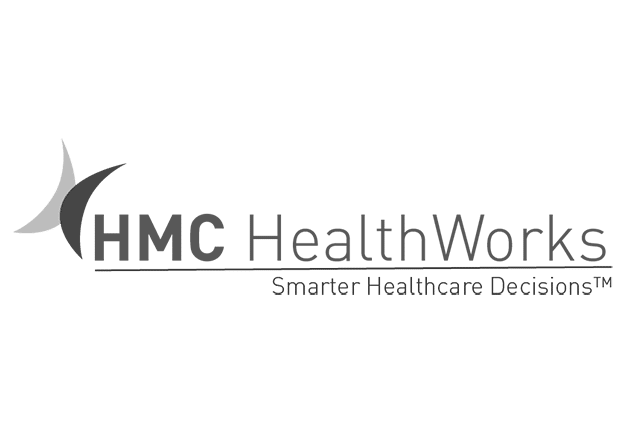
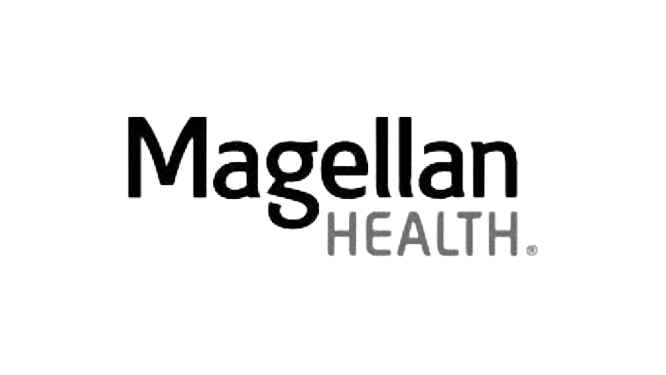
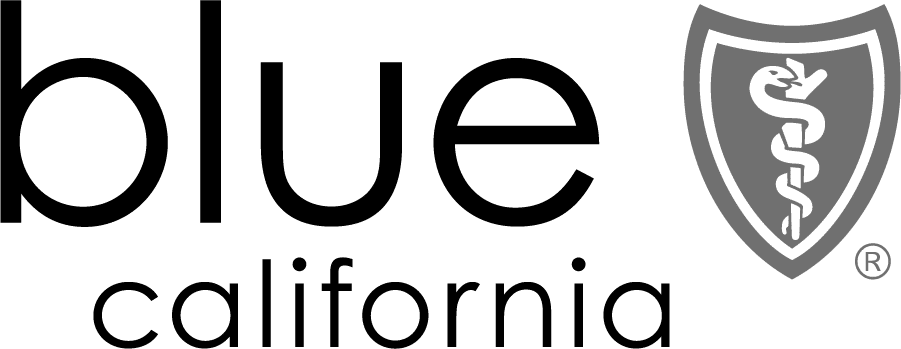






Supporting Your Journey
Evidence-Based Drug Rehab Treatment Options
The A.R.T.S. utilizes evidence-based therapies proven effective for treating addiction and co-occurring mental health disorders.
- Individual counseling provides a safe space to process traumatic experiences and develop healthy coping strategies specific to first responder stressors.
- Group counseling connects first responders with peers who understand their unique challenges. This shared understanding can be particularly powerful, as group members can relate to job-specific stressors and cultural factors that others might not comprehend.
- Cognitive-behavioral therapy helps identify and change thought patterns that contribute to substance use. This approach is particularly effective for addressing the hypervigilance and negative thinking patterns common among first responders with trauma exposure.
- Trauma-focused therapies specifically address PTSD and related symptoms. These specialized approaches help process traumatic memories and reduce their emotional impact, addressing root causes rather than just symptoms.
It’s our combination of evidence-based therapies and specialized first responder and dual diagnosis programs that make addiction treatment at our facility so effective. Our team of mental health professionals has extensive experience working with first responders, understanding the unique challenges they face and tailoring treatment to meet their needs.
Maintaining Recovery
Building Long-Term Recovery Support
Recovery for first responders requires ongoing support that acknowledges the continuing stresses of their careers. Unlike some professions where major stressors can be avoided, first responders will likely continue facing traumatic situations and high-pressure decisions throughout their careers.
The A.R.T.S. provides continuing care services to support long-term recovery. This includes ongoing counseling, regular check-ins, and access to support groups specifically for first responders. Having a network of peers who understand the unique challenges can be invaluable for maintaining sobriety.
Sober living options at our Chrysallis home in West Hills also provides a structured environment where first responders can practice recovery skills while transitioning back to full work responsibilities. Our program offers accountability and support during vulnerable early recovery periods.
call us today
Your Path to Recovery Starts Here
